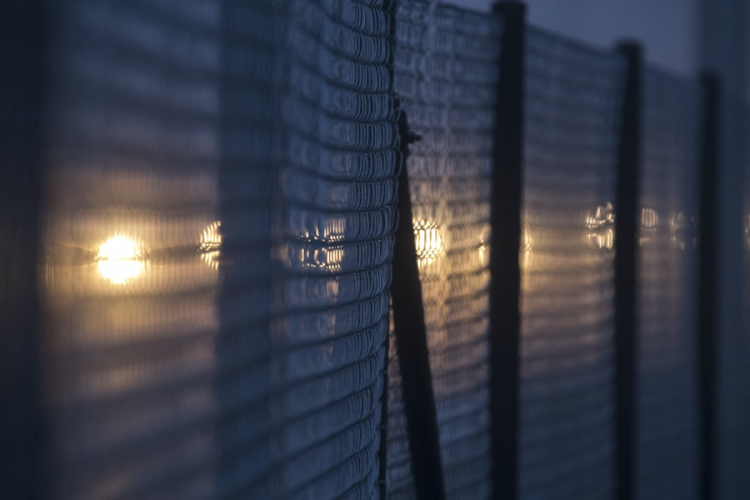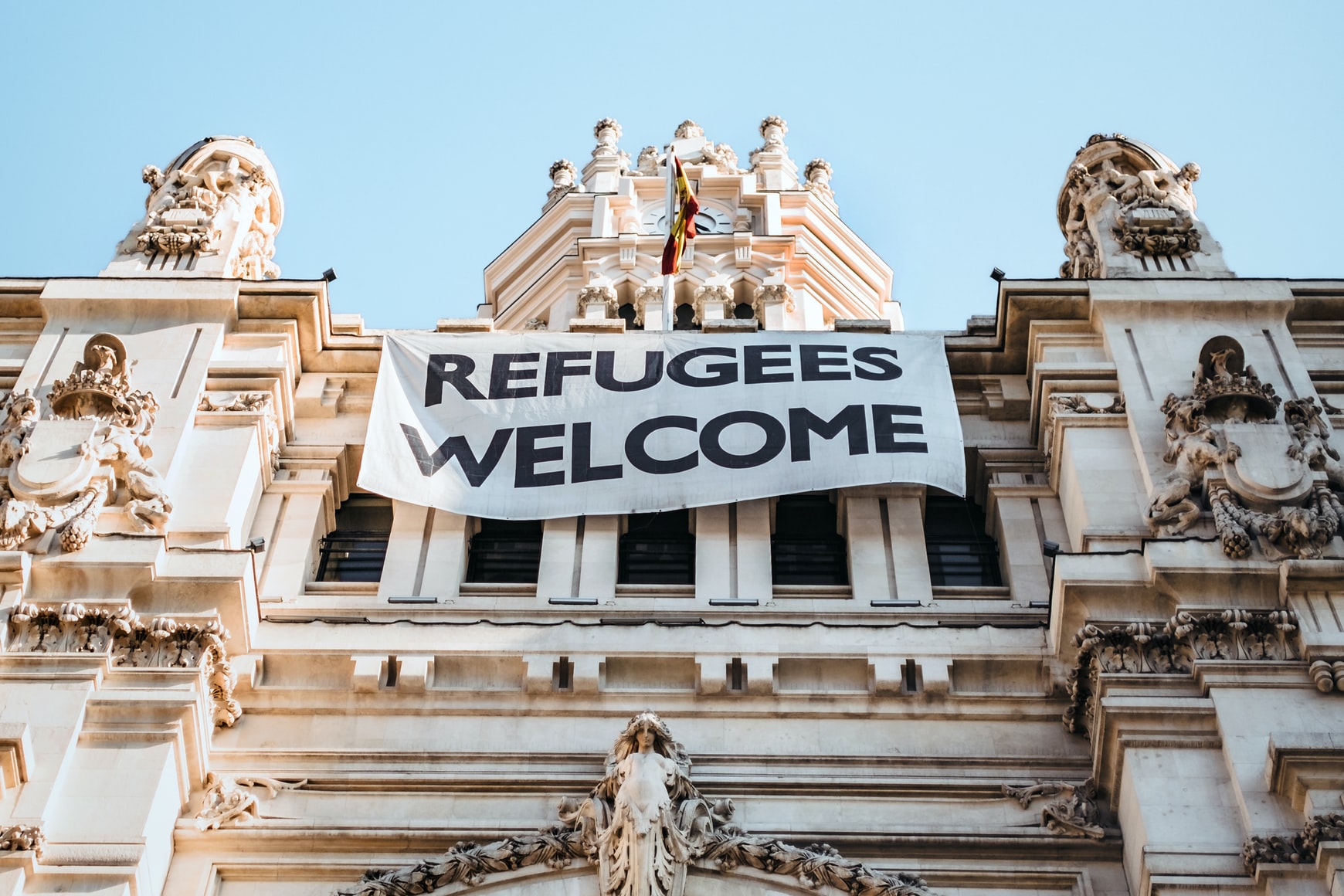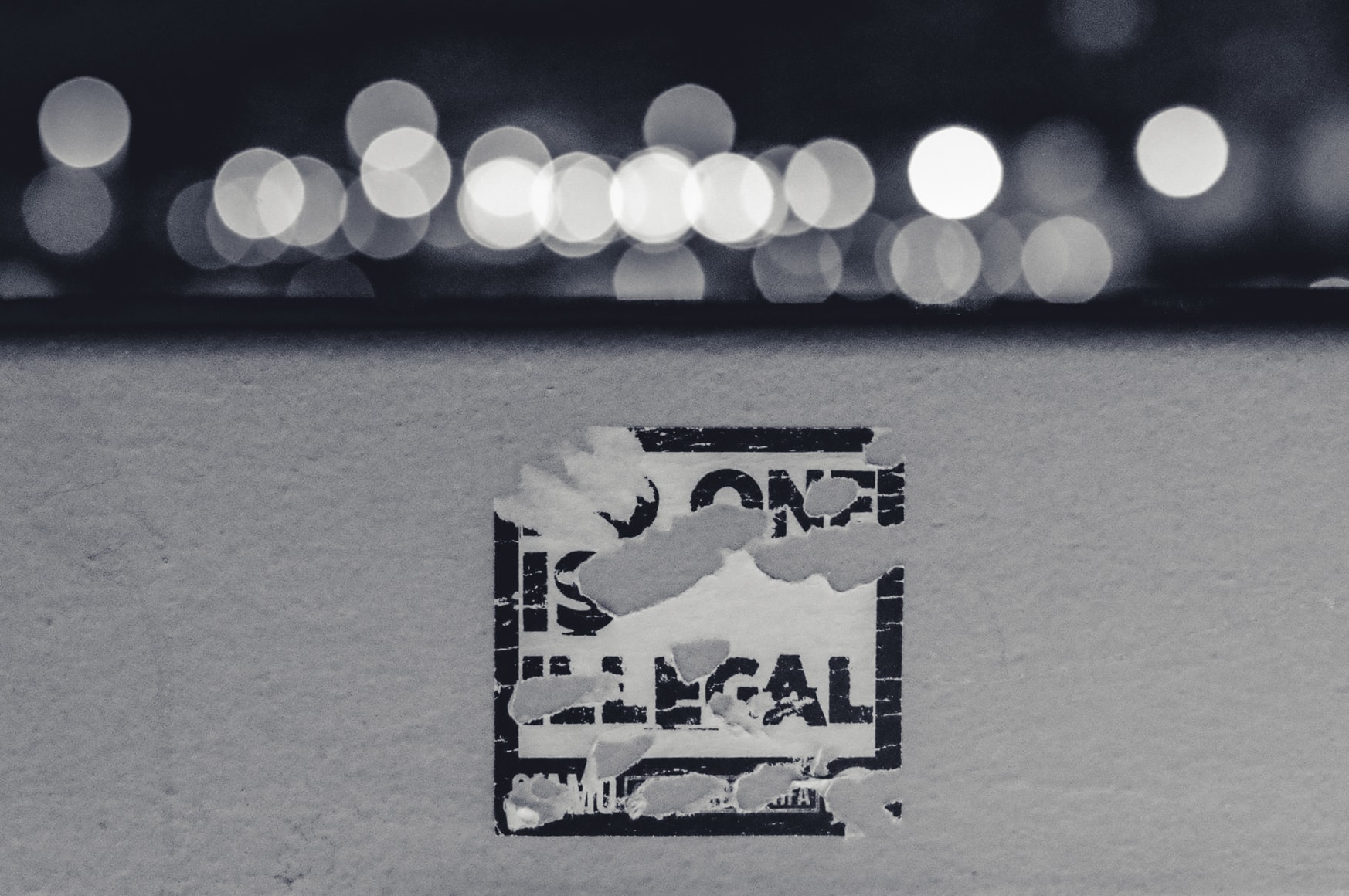Hypocrisy, Islamophobia and The Future of Immigration

The influx of Ukrainians fleeing their home country in search of asylum in France has opened the door to many conversations surrounding immigration and comparisons of France’s response to previous refugee crises from Muslim countries.
In 2015, millions of Syrians fled their country to find refuge in western Europe. France was left with the challenge of navigating this humanitarian crisis by way of the political topic of open borders, asylum visas, and the overarching debate on immigration policies. For one response, France implemented a “resettlement” program which invited 500 Syrian refugees per year. Since 2012, France has taken in approximately 5,000 Syrian refugees.
Image Credit: Unsplash/Maria Teneva
Although France continued to state that they were dealing with the refugees with compassion, most were left without asylum, fueling the crisis. The government also released statements that, although they were accommodating asylum seekers, they emphasized their preference for pursuing a co-development policy with the migrants’ home countries. Much of the French public was outraged with the mishandling of the jeopardized lives, citing islamophobia and xenophobia as a source for the chosen discourse on immigration.
In 1921, the League of Nations fixed a legal status for refugees, but this status was conditional to circumstances. The 1951 Refugee Convention of the United Nations set the international legal precedent for the EU and the treatment of refugees. All EU countries are legally bound to the agreement that they will recognize and protect asylum seekers. In addition, this agreement also legally emphasizes non-discrimination and non-penalization, making it illegal for EU nations to discriminate against refugees and ensuring equal treatment for asylum seekers of all nations, ethnicities and religions. Although these laws are merely the framework, and many laws and moral precedents have been introduced since 1951, this framework has inarguably been ignored by EU nations.
Many French nationals opposed welcoming the Syrian refugees due to fears surrounding Islam and terrorism. In previous months, several jihadist attacks that had taken place in France with most of the attackers having direct links to the Islamic State, which was at its peak power at the time. Others supported closing off borders to the Syrians because the country has no affiliation with NATO or any of its programs. This alone allowed the French to overlook the issue of human rights and lean on the rationale that they had no obligation or interest in protecting the lives of the incoming refugees.
This pretext is a heavy euphemism for the underlying racism that is rooted in France’s immigration policies. Many French politicians have been forthcoming with their views on closing French borders and denying citizenship to Muslims, one being Eric Zemmour. With an increase in political corruption, human trafficking and natural disasters affecting many countries around the world, France will continue to see an influx of refugees in following years. France’s incessant islamophobia is not only colored through politics and society, but is further proven with the comparison to their dramatically different reaction to the latest flood of refugees.
Image Credit: Unsplash/ev
France has recently been challenged with a similar crisis regarding the Ukrainian refugees. France has already released 100 million euros to aid the crisis, having given 50 million to the Syrian crisis. In comparison to France’s negligible welcoming of 5,000 Syrian refugees over the course of ten years, since the start of the war in Ukraine, the country has already welcomed some 30,000 Ukrainian asylum seekers. The glaring differentiating variable between the two: whiteness.
The situations have many different characteristics, and different implications for France, both politically and socially. Ukraine is closer geographically, and is part of the DCFTA with the EU, leaving France with a legal, moral and political obligation to aid the country. Vladimir Putin has been a threatening figure to the western world for many years, and France’s involvement and alliance with Ukraine is a clear political statement of resistance to Putin’s regime.
Ukrainian civilians are fleeing the worst. Their weapons? Pushchairs, teddy bears and suitcases. At Kramatorsk railway station this morning, families waiting to leave suffered the unthinkable. Dozens are dead, hundreds wounded. This is an abomination.
— Emmanuel Macron (@EmmanuelMacron) April 8, 2022
Although these distinguishing factors cannot be overlooked, they cannot be used as an excuse when comparing the two crises. Both situations share the most important parallel: a demanding humanitarian crisis. In both situations, millions of lives were put in jeopardy at the hands of corruption and violence. France deemed the Ukrainians as valid victims, and invited them with open arms while deeming the Syrians a dangerous burden, lending minimal effort to relieve them.
This is a significant example in history of the islamophobia that has overtaken much of French society and government. Refugees should not be evaluated on their ethnicity, religion or political implications when offered aid. This is a corrupt form of treatment and enables longstanding racism and xenophobia within France.
As one of the most debated discussions in modern politics, western treatment of refugees will not go unnoticed as the crises continue to be globally broadcasted. France must reflect and change their policy and treatment of Muslim refugees, so all asylum seekers can reach security and liberation within France’s borders.
To help Syrian refugees visit UNHCR. To help Ukrainian refugees visit UNHCR.









